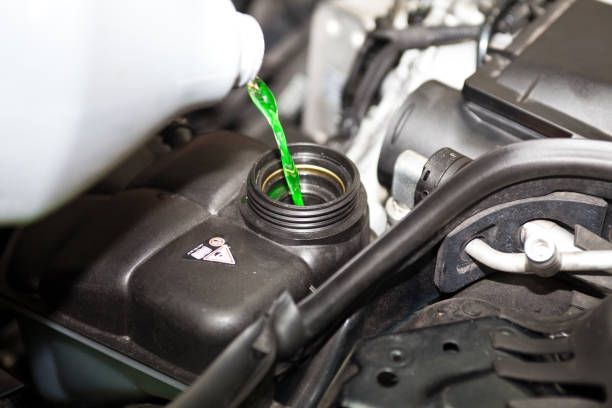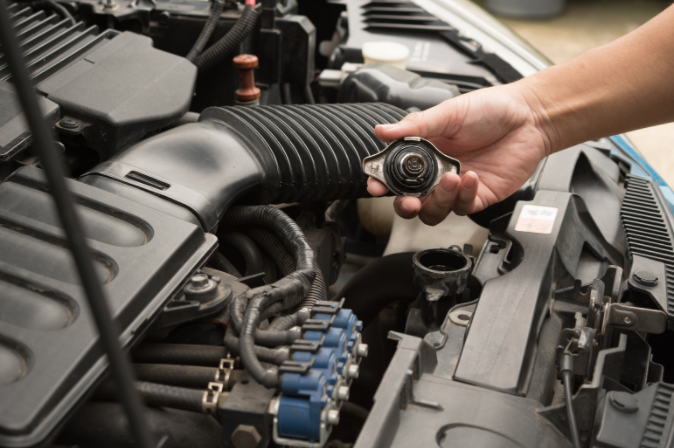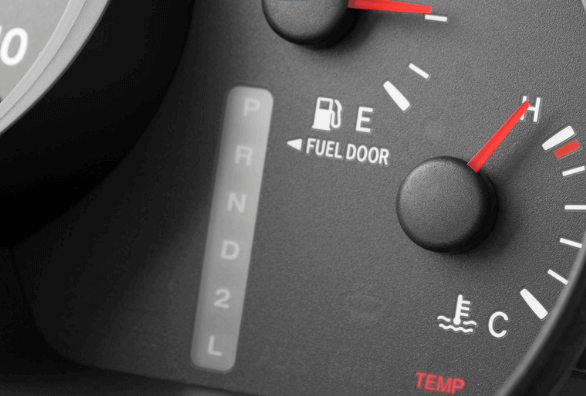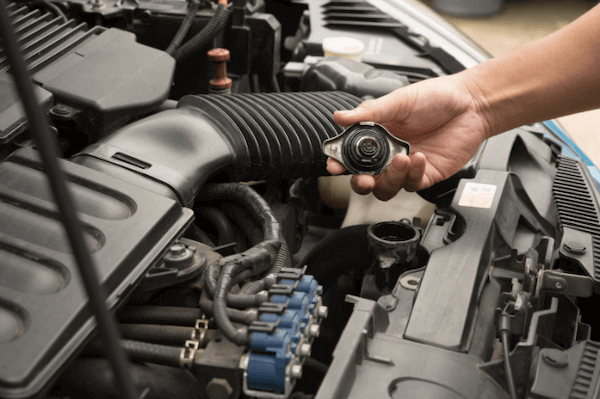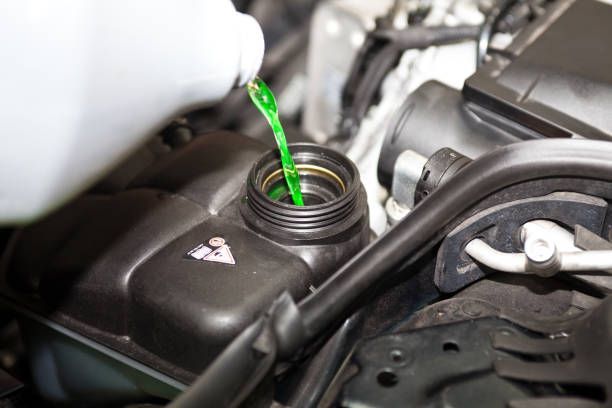Keep your engine cool with our expert radiator replacement service. We remove your old, failing radiator and install a high-quality replacement to prevent overheating and costly engine damage. Our technicians ensure proper fit, fluid levels, and leak-free operation, restoring your vehicle’s cooling efficiency and reliability.
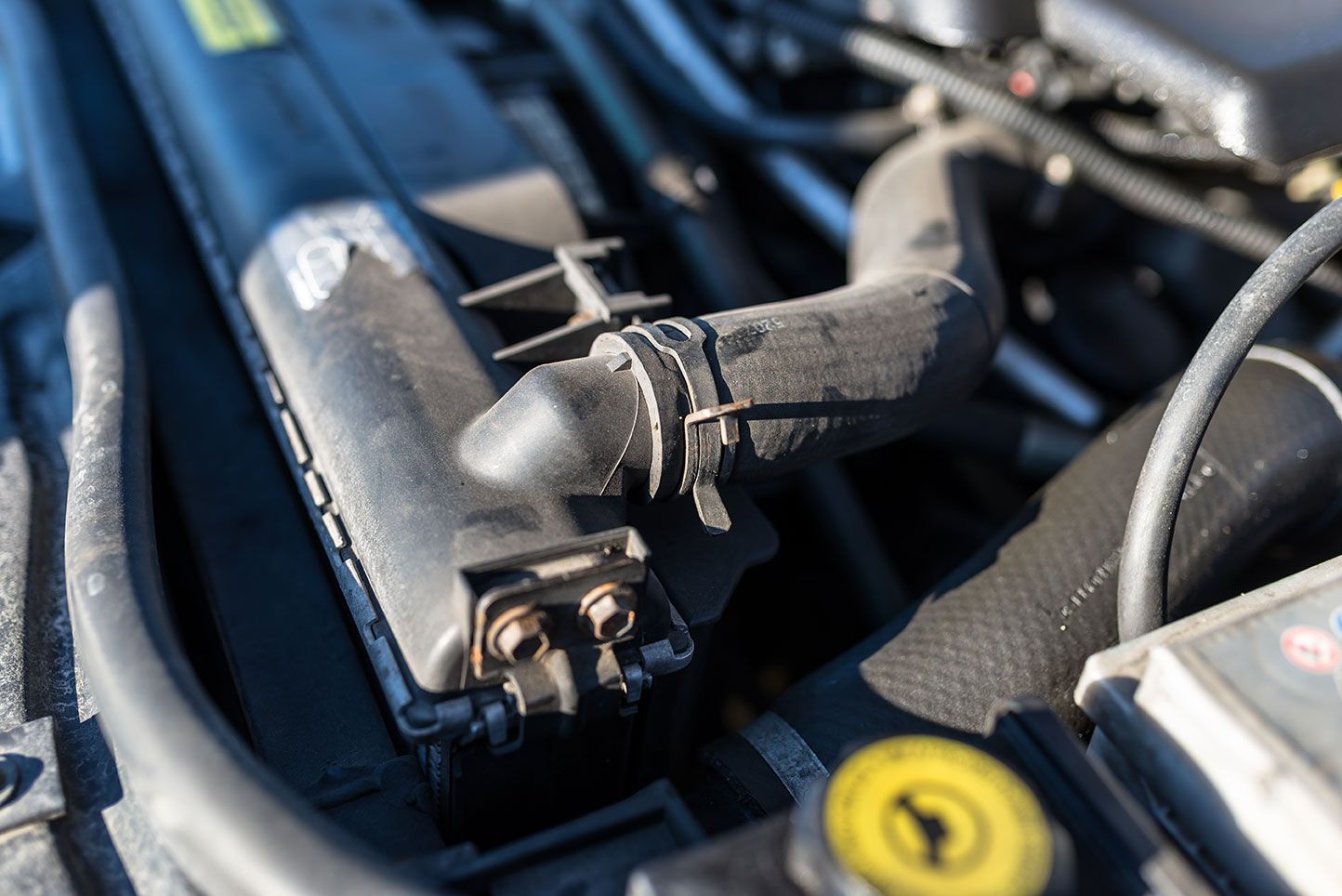
Local Radiator Service and Replacement
Your radiator is responsible for managing the heat that your engine produces. It uses coolant to absorb your engine’s heat before depositing it outdoors. This protects your engine from overheating or melting its components. When your radiator begins failing, your engine faces serious risks. Thankfully, the experts at Chapel Hill Tire can help with our radiator services.
Vehicle Radiator Troubleshooting
The most common issue that radiators face is leaking refrigerant. Without the coolant needed to effectively absorb heat, your radiator will be unable to function properly. However, it can be easy to throw money down the drain by assuming that your engine troubles are coming from your radiator. Chapel Hill Tire can complete in-depth diagnostics to find the source of your engine problems. Then, our auto mechanics will work with you to create a service plan.
Radiator Replacement FAQ
What documentation do I need to bring for a state inspection?
You will typically need to bring your vehicle registration, proof of insurance, and any required inspection forms or notices received from the state. Be sure to check with your state's requirements for specific documentation needed for the inspection.Do you offer state inspections, and what do they entail?
Yes, we offer state inspections to ensure vehicles comply with state-specific safety and emissions standards. State inspections typically include checks of safety-related components such as brakes, lights, tires, and emissions systems to ensure compliance with state regulations.What are the consequences of driving a vehicle with expired inspection stickers?
Driving a vehicle with expired inspection stickers may result in fines, penalties, or vehicle registration suspension, depending on state regulations. It's important to renew your vehicle's inspection promptly to avoid legal consequences and ensure compliance with state laws.How long does a state inspection take?
The duration of a state inspection can vary depending on factors such as the type of inspection required, the condition of the vehicle, and any necessary repairs or adjustments. In general, state inspections can typically be completed within 30 minutes to an hour.Can I drive my vehicle without passing the state inspection?
Driving a vehicle without passing the state inspection may result in fines or penalties, depending on state regulations. It's essential to ensure your vehicle meets inspection requirements to avoid legal consequences and ensure safety on the road.What is a state inspection, and why is it necessary?
A state inspection is a mandatory evaluation of a vehicle's safety and emissions systems to ensure compliance with state regulations. It is necessary to promote vehicle safety, reduce emissions, and maintain environmental standards.What happens if my vehicle fails the state inspection?
If your vehicle fails the state inspection, you will receive a report outlining the reasons for the failure. You will then need to have the necessary repairs or adjustments made to bring your vehicle into compliance. Once the issues are addressed, you can return for a reinspection.How often do I need to get a state inspection for my vehicle?
The frequency of state inspections varies depending on state regulations. In some states, inspections are required annually, while in others, they may be required every two years or when registering or renewing vehicle registration.Can I schedule a state inspection appointment in advance?
Yes, you can schedule a state inspection appointment in advance to ensure timely service. You can book an appointment online through our website, give us a call, or stop by our location in person. Our friendly staff will assist you in finding a convenient appointment time.What is involved in a state inspection?
State inspections involve a thorough examination of various vehicle systems and components to ensure compliance with state safety and emissions standards. This may include checks of brakes, steering, suspension, lights, tires, exhaust emissions, and more, depending on state requirements.
Automotive Radiator Repair Insight and Maintenance Services
Damaged radiator systems often require replacement, as these repairs are more time-consuming and costly for drivers. However, some of Chapel Hill Tire’s services can restore functioning to your radiator. When caught early, coolant flushes can help prevent radiator damage. This maintenance flush will replace sludge and burnt-out coolant with fresh refrigerant. Our local automotive mechanics also replace coolant/radiator hoses.
Radiator Service Near Me
When your radiator begins giving you trouble, the experts at Chapel Hill Tire are here for you. We proudly serve drivers throughout the greater Triangle area with our 11 auto mechanic locations , including those in Raleigh, Durham, Chapel Hill, Carrboro, and Apex. You can make your appointment here online or give us a call to get started today
